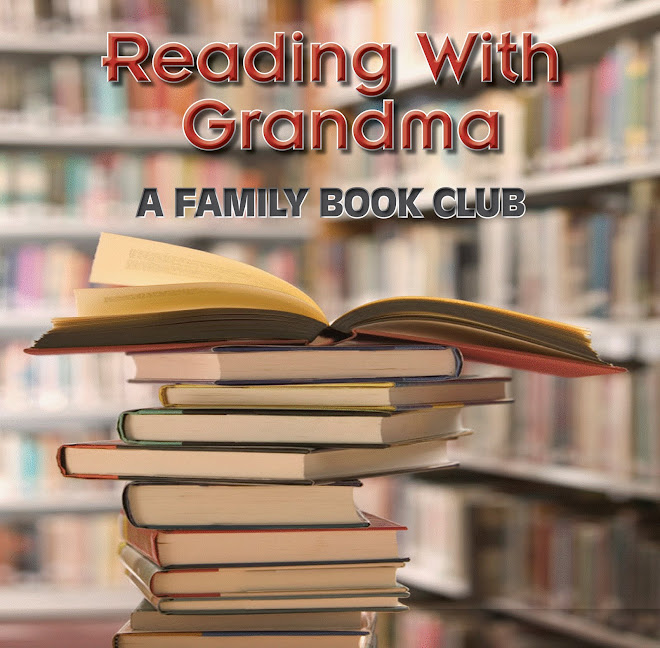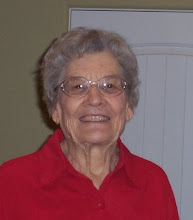- Pride is a very common failing I believe. By all that I have read, I am convinced that it is very common indeed, that human nature is particularly prone to it, and that there are very few of us who do not cherish a feeling of self-complacency on the score of some quality or other, real or imaginary. Vanity and pride are different things, though the words are often used synonymously. A person may be proud without being vain. Pride relates more to our opinion of ourselves, vanity to what we would have others think of us. – Mary Bennet (Vol. 1 Chapter 5)
- It is particularly incumbent on those who never change their opinion to be secure of judging properly at first. – Elizabeth Bennett (Vol. 1 Chapter 18)
- Importance may sometimes be purchased too dearly. – Elizabeth (Vol. 2 Chapter 3)
- I do not mean to say that a woman may not be settled too near her family. The far and the near must be relative, and depend on many varying circumstances. Where there is fortune to make the expense of traveling unimportant, distance becomes no evil. – Elizabeth (Vol. 2 Chapter 9)
- Had Elizabeth’s opinion been all drawn from her own family, she could not have formed a very pleasing picture of conjugal felicity or domestic comfort. (Vol. 2 Chapter 19)
- Mr. Bennet had very often wished, before this period of his life, that instead of spending his whole income, he had laid by an annual sum for the better provision of his children, and of his wife, if she survived him. He now wished it more than ever. (Vol. 3 Chapter 8)
- But how little of permanent happiness could belong to a couple who were only brought together because their passions were stronger than their virtue,....... (Vol. 3 Chapter 8)
- I know that you could be neither happy nor respectable, unless you truly esteemed your husband, unless you looked up to him..........My child, let me not have the grief of seeing you unable to respect your partner in life. – Mr. Bennet to Elizabeth (when learning of her love for Darcy) (Vol. 3 Chapter 17)
And there were SO many others!
Earlier I mentioned that the "language" made it difficult for me to read. I found it interesting how many words I didn't know, or at least didn't understand in a particular context......like "saloon". So, at the risk of advertising a severe lack of vocabulary on my part I will include just some of the words I had to look up.
prepossession: an attitude, belief, or impression formed beforehand : prejudice
obsequiousness: exhibiting servile compliance; fawning
Whist: a card game ancestral to bridge, played with a full deck by two teams of two players
eclat: acclaim, enthusiastic approval
hauteur: haughtiness or arrogance; loftiness
probity: complete and confirmed integrity; uprightness
sennight: the space of seven nights and days : week
complaisance: the inclination to comply willingly with the wishes of others; amiability
dissemble: to disguise or conceal behind a false appearance
entailed: restriction of inheritance to a limited class of descendants for at least several generations
preferment: advancement or promotion in dignity, office, or station
diminution: a reduction in the worth of something caused by an action of a third party or entity
saloon: the principal room (salon) of an 18th century mansion, often at the centre of a suite of state rooms
curricle: a light, open, two-wheeled carriage, drawn by two horses abreast
copse: a thicket of small trees or shrubs
panegyric: elaborate praise or laudation
equipage: equipment or furnishings, or a horse-drawn carriage
brooking: to put up with; tolerate
Looking forward to hearing/reading your impressions of this book!
Love,
Aunt Louise










